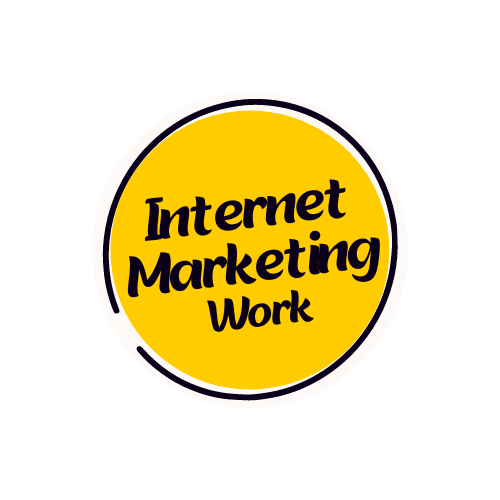Digital Marketing strategy has become the cornerstone of successful business promotion. With the vast array of tools and platforms available, mastering the art of digital marketing can propel businesses to new heights of success. In this comprehensive guide, we’ll delve into the key strategies and techniques that can help businesses thrive in the online sphere.
Understanding the Landscape of digital marketing strategy:
Digital marketing encompasses a wide range of tactics, including social media marketing, digital advertising, inbound marketing, search engine optimization (SEO), email marketing, and more. Each of these plays a crucial role in reaching and engaging target audiences across various online channels.
Crafting a Comprehensive Digital Marketing Strategy:
A successful digital marketing strategy starts with clearly defined goals and objectives. Whether it’s increasing brand awareness, driving website traffic, boosting sales, or generating leads, every action should be aligned with these goals. Additionally, businesses must identify their target audience, conduct market research, and assess their competition to develop a strategy that resonates with their audience and sets them apart from competitors.

Leveraging the Power of Social Media:
Social media platforms offer unparalleled opportunities for businesses to connect with their audience on a personal level. By creating engaging content, fostering meaningful interactions, and utilizing targeted advertising, businesses can amplify their brand presence and drive conversions. Platforms like Facebook, Instagram, Twitter, LinkedIn, and TikTok provide diverse avenues for businesses to engage with their audience through organic posts, paid ads, influencer partnerships, and more.
Harnessing the Potential of Digital Marketing Strategy:
digital marketing strategy allows businesses to reach their target audience with precision and track the performance of their campaigns in real-time. From pay-per-click (PPC) campaigns on search engines like Google to display ads on websites and social media platforms, digital marketing strategy advertising offers various options to suit different business objectives and budgets. By optimizing ad campaigns based on data-driven insights, businesses can maximize their return on investment (ROI) and achieve their marketing goals efficiently.
Embracing Inbound Marketing:
Inbound marketing focuses on attracting, engaging, and delighting customers through relevant and helpful content. By creating valuable resources such as blog posts, ebooks, videos, podcasts, webinars, and infographics, businesses can establish themselves as industry authorities and attract qualified leads. Content marketing, search engine optimization (SEO), email marketing, and social media are key components of an effective inbound marketing strategy.
Partnering with a digital marketing strategy:
For businesses looking to outsource their digital marketing efforts or access specialized expertise, partnering with a reputable agency can provide valuable resources and support. A digital marketing agency can help businesses develop customized strategies, execute campaigns across various channels, analyze performance metrics, and optimize campaigns for better results. Whether it’s a full-service agency or a niche specialist, businesses should choose an agency that aligns with their goals, values, and budget.
Continuous Optimization and Measurement:
In the fast-paced world of digital marketing, continuous optimization is key to staying ahead of the competition and driving better results. By analyzing performance metrics, testing different strategies, and adapting to changing trends, businesses can continuously improve their digital marketing efforts. Tools like Google Analytics, social media insights, email marketing platforms, and marketing automation software provide valuable data and insights to inform decision-making and strategy refinement.
The Rise of Remote Digital Marketing:
With advancements in technology and the widespread adoption of remote work, many digital marketers now have the flexibility to work from anywhere. This trend has opened up new opportunities for collaboration, creativity, and productivity in the digital marketing landscape. Remote work allows digital marketers to tap into global talent pools, work across different time zones, and achieve better work-life balance. Additionally, remote collaboration tools, project management software, and communication platforms facilitate seamless collaboration and productivity among remote teams.
In conclusion, mastering digital marketing requires a combination of strategic planning, creative execution, and continuous optimization. By understanding the various components of digital marketing and leveraging them effectively, businesses can expand their reach, drive engagement, and ultimately achieve their goals in the online sphere. Whether it’s through social media marketing, digital advertising, inbound marketing, or partnerships with digital marketing agencies, businesses have ample opportunities to succeed in the ever-evolving digital landscape. By staying agile, adapting to changes, and prioritizing the needs of their audience, businesses can stay ahead of the curve and thrive in the competitive world of digital marketing.


